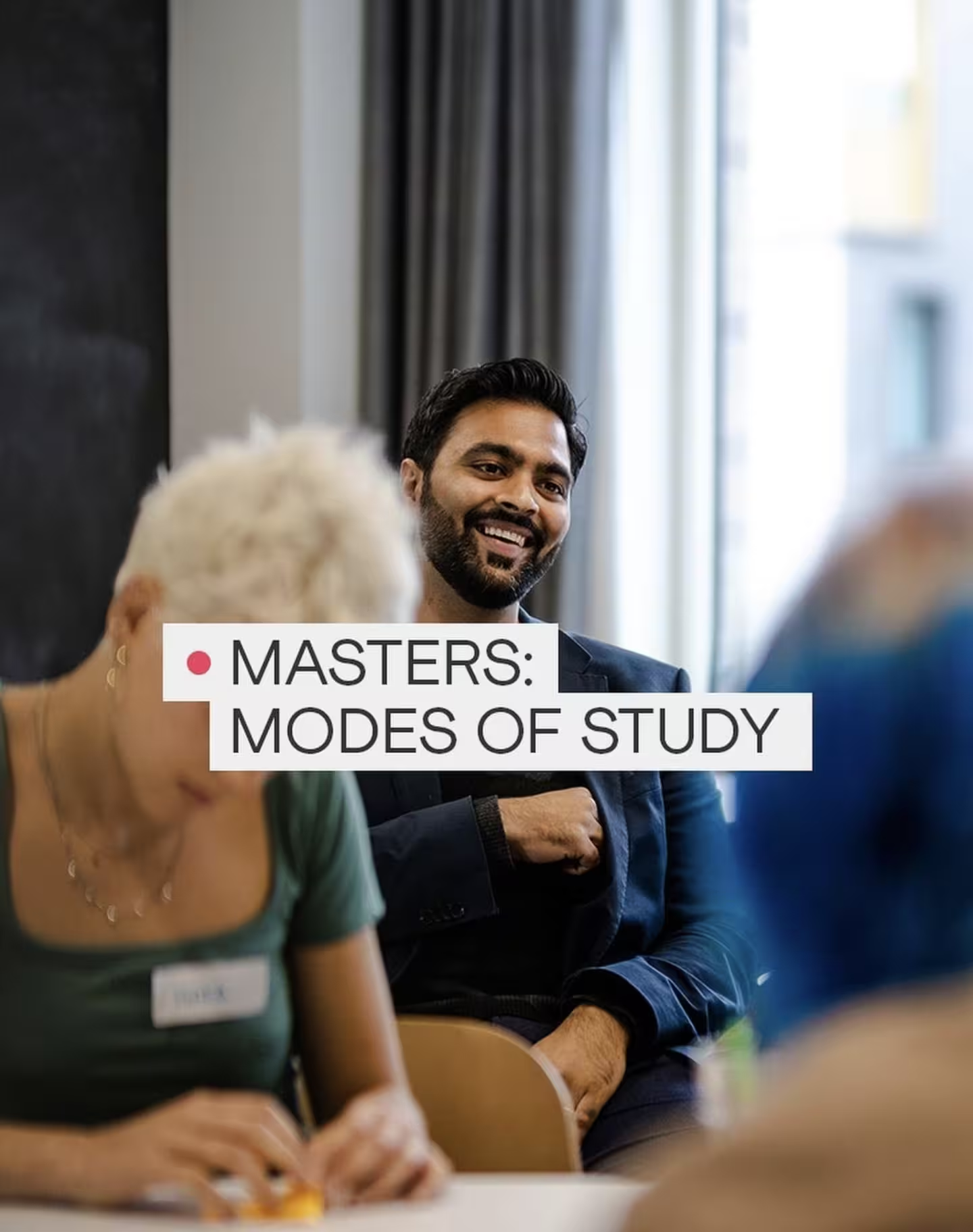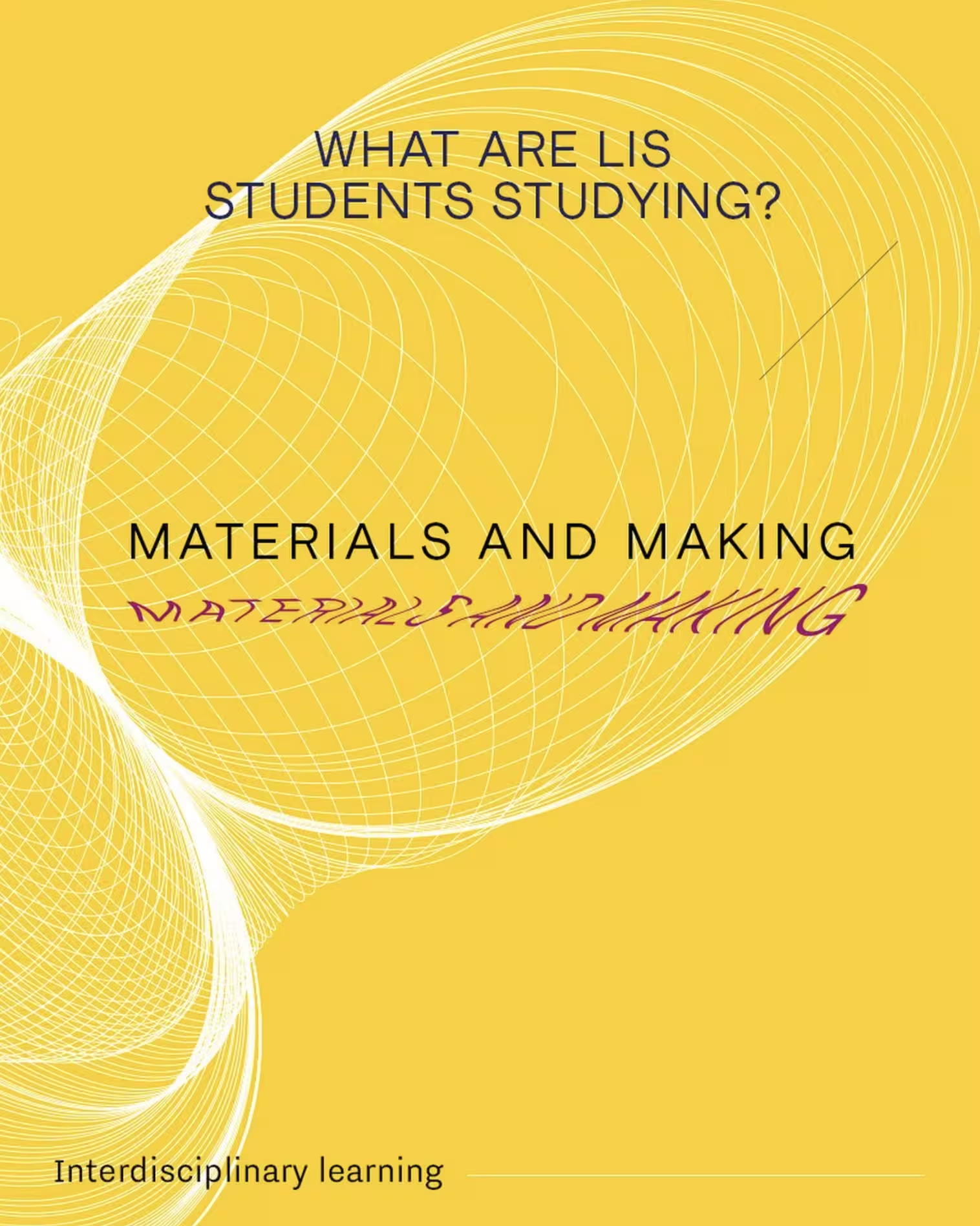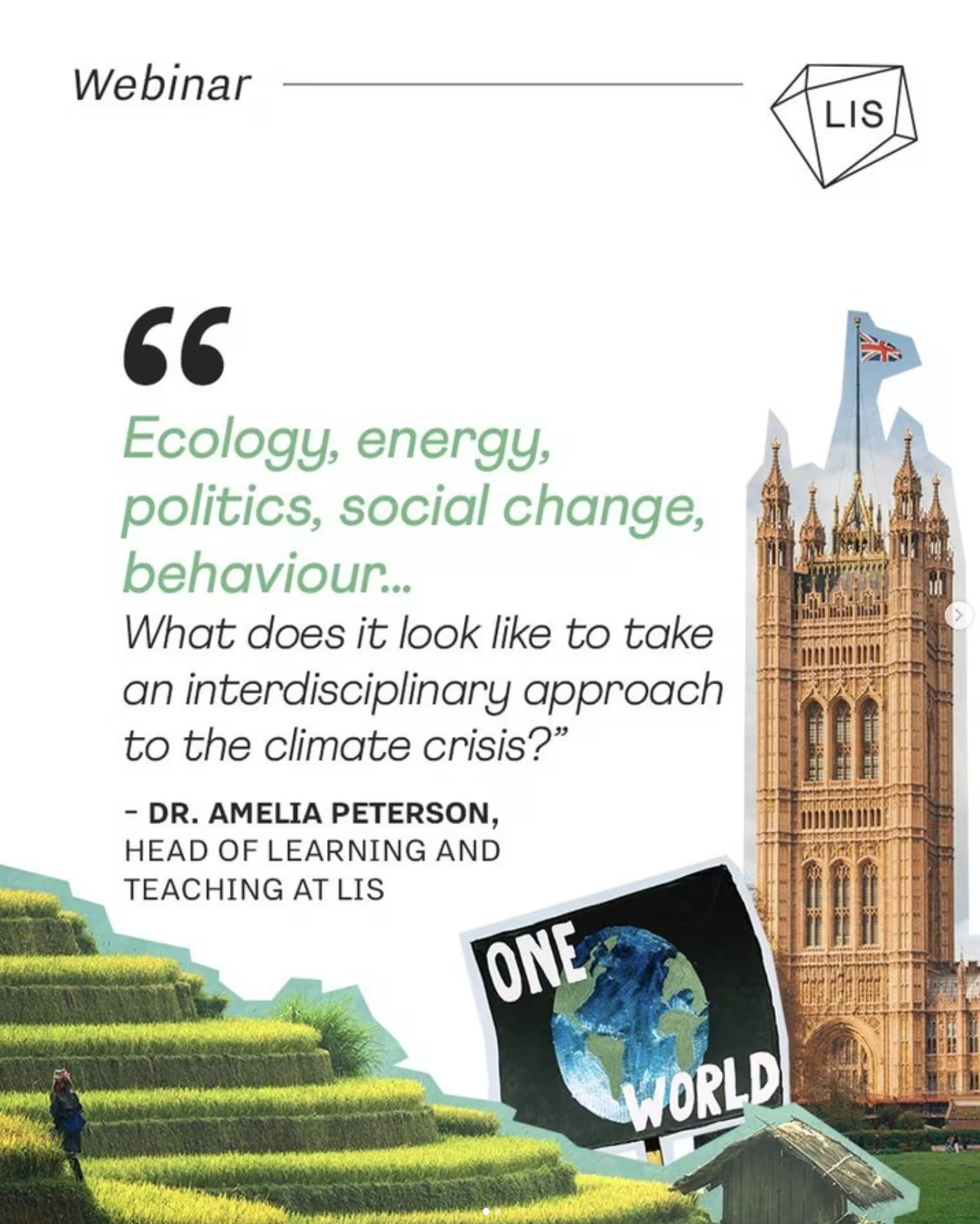How LIS is Giving our Business a New Language to Define our Future

Through a series of mostly unplanned and often fortunate career moves, I’ve become a brand strategy consultant. Today, I run a consultancy called Simple Revolution, along with my partners, Jacob and Nanette, and we have a team spread across three bases in London, Copenhagen and Berlin.
We’re lucky to have many great clients, of all sizes, in a wide range of industries, all over the world. They’re a disparate bunch, but what connects them is that they’re all solving complex, important or difficult challenges - from huge pharma businesses to bleeding-edge AI start-ups, and from Big Four professional services firms to systemic banks.
Despite all that, I’ve been really frustrated. We spend our time helping clients define the narratives that guide their businesses, before helping them take the action that sets them apart from their competition. Yet, somehow, we’ve been struggling to do these things for our own business. Three things in particular have been annoying me:
- We’re still talking about what we do as we did eight years ago when we opened our doors.
- The term ‘brand and communication consultancy’ underplays what we do and the value we can bring to our clients’ organisations.
- We’re pigeonholed in a procurement box that suggests we have no business doing many of the things we often end up doing - often helping clients achieve broader change in their businesses.
LIS comes to the rescue
I’d long had an inkling that there was something in the way we worked that set us apart. Something that, despite nominally offering the same service as other consultancies, meant that clients got a bit more value than they got elsewhere. I’d also suspected that it had something to do with the kind of people we were. When I look at the team, each person is:
- Humble and empathetic: they care very much about not just doing a good job, but sharing ideas, skills and experience so that clients can keep up the work after we’ve left.
- Curious about the world: each hungry to understand disciplines way outside their own field of expertise - economics, technology, leadership, sustainability, technology…heck, we even enjoy talking about internal audit, supply chain management and governance!
- Good at connecting people: getting them talking and working together. Clients have told me they trust our team to be their conscience, often being the glue that holds things together and gets teams collaborating - even teams that have never met before.
This stuff all really seems to make the difference. But how do you turn it into a proposition? It feels quite intangible. Or, if you get it wrong, it could come across as a bit pompous.
Enter LIS into my life.
One day, my wife came home and told me about an advert for LIS that she’d seen on the Tube. Her exact words were, “this is all the stuff you’re always going on about…it sounds right up your street!” She was right. The website talked about systems thinking, interdisciplinary leadership, heuristics, collaboration, collective intelligence, and solving complex, interconnected problems.
I couldn’t believe it. It sounded like a group of people who had methods and a language that explained and codified so much of what we’d been trying to grapple with instinctively. So I signed up for the three-day, in-person Cross-Functional Leadership (‘XFL’) course.
A very different academic experience
Right from the outset, something felt different about LIS. Far from being a stuffy academic institution, everybody seemed really down to earth. Talking to Dilber about why I wanted to join was like chatting to a friend. Carl and Amelia’s online introduction to the course felt relaxed, easy to grasp and generous.
That feeling continued to the course itself. The cohort was made up of smart, interesting, funny people from a wide range of businesses and backgrounds, all led by an academic team who felt like real people rather than ‘brains on legs’.
Over the course of the three days, we learned how to recognise and define different kinds of problems; we explored the concept of abstraction and why uncertainty can stymie action; we practiced how to tell stories to make problems feel more tangible, especially ‘Wicked Problems’.
Unblocking the frustration - and defining the future

Most of all, we put a name to a concept that was both new and intensely familiar - ‘interactional expertise’. If I look back at the way I described my own team above, so much of it defines an interactional expert. These are the types of people who can help solve complex problems. They understand the ‘threshold concepts’ from a broad range of disciplines; bring people together; foster collaboration; and combine knowledge and perspectives in a way that leads to ‘synthesis’ - integrating expertise and magnifying the outcome.
I genuinely believe that this new understanding is going to change our business.
In January, we used the concepts from the XFL course to frame our team strategy workshop. It’s given us a new, shared language to reconsider and redefine the way we understand and talk about what we do. We’re already building the methods and models into our client projects, bringing more rigour and discipline to our thinking.
And we’ll be reshaping our own brand story and proposition in a way that puts our difference - what we now understand as ‘interdisciplinary expertise’ - at the heart of it all. Not leaving it as an unspoken, awkward and ill-defined side benefit.
If this is what comes from a three-day course, wild horses won’t keep me away from joining the MBA programme that’s due to start in 2026…
Share this story
Sign up for our newsletter
Don't miss out on important updates including course information, new announcements, Open Day dates and the latest LIS news.


.png)












































.svg)

.svg)





This is a comment related to the post above. It was submitted in a form, formatted by Make, and then approved by an admin. After getting approved, it was sent to Webflow and stored in a rich text field.